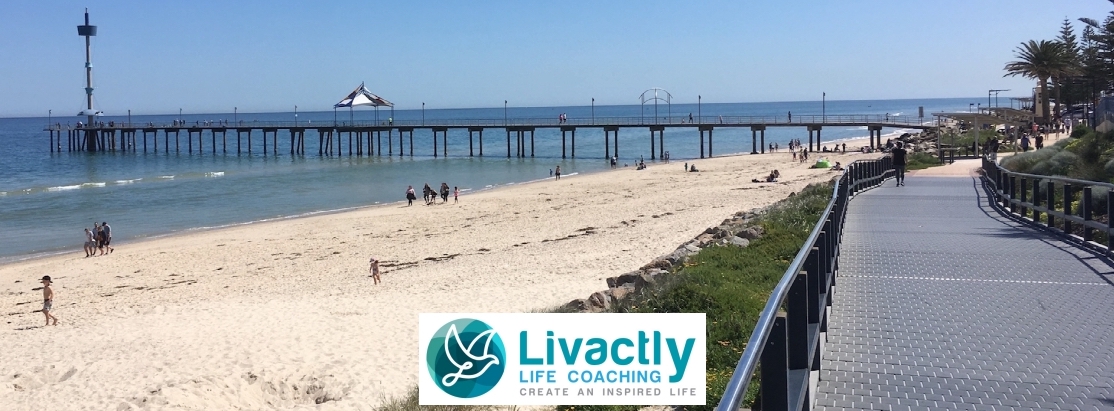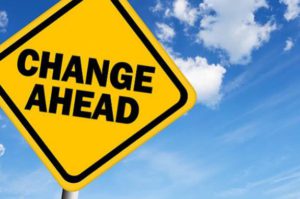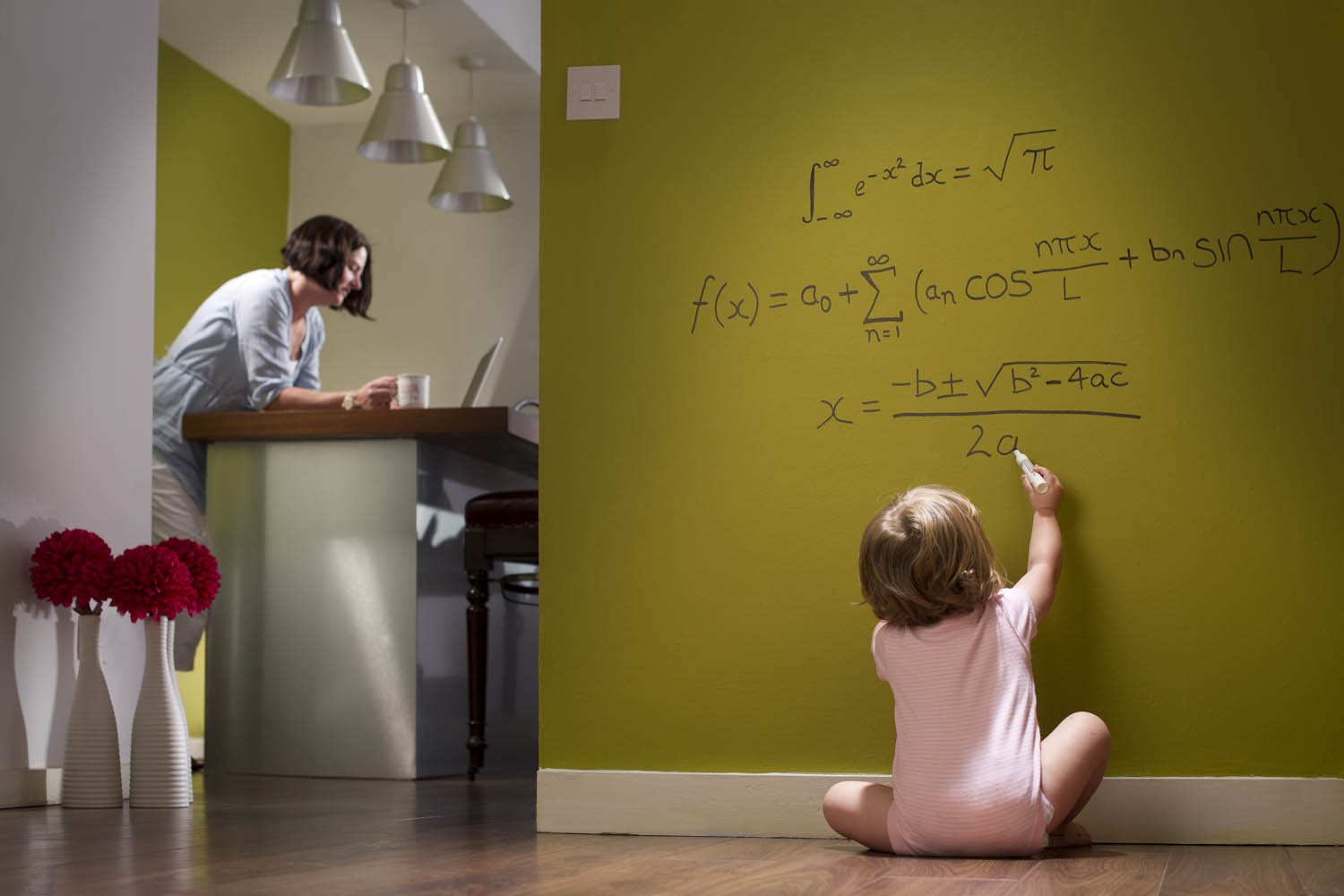
Child Prodigy?

Childhood Influences on Life Purpose
Why do we look at Childhood Influences on Life Purpose?
Because often they are not aligned with your purpose, or they hide your purpose.
And very often they can undermine your purpose.
When you consider your own childhood, what were the roles played? For example what did your father do, your mother do. How do they relate to your life now?
In my case, my parents were your 'traditional' 1960's family - the father goes to work, the mother stays home to look after the house, cook meals and look after the family.
My father started his working life as a doctor - a general practitioner. This entailed being on call 24 hours a day, 7 days a week.
When he wanted a break he had to hire a locum to cover for him, forfeiting some of his own salary in the process.
He even had his surgery at our house, which was somewhat of an imposition on all our privacy.
However, his own conditioning told him that this was wrong. He himself came from a large family where his father was the sole earner, but always had the time to be with his kids.
So about 50 years ago my father decided to specialise into the field of Dermatology (skin specialist). He once told me that he did this because this field of medicine has a very low need for after hours work and emergency call outs, and that he wanted to spend more time with his family! For him 'family values' needed to be balanced with the need to provide for his family.
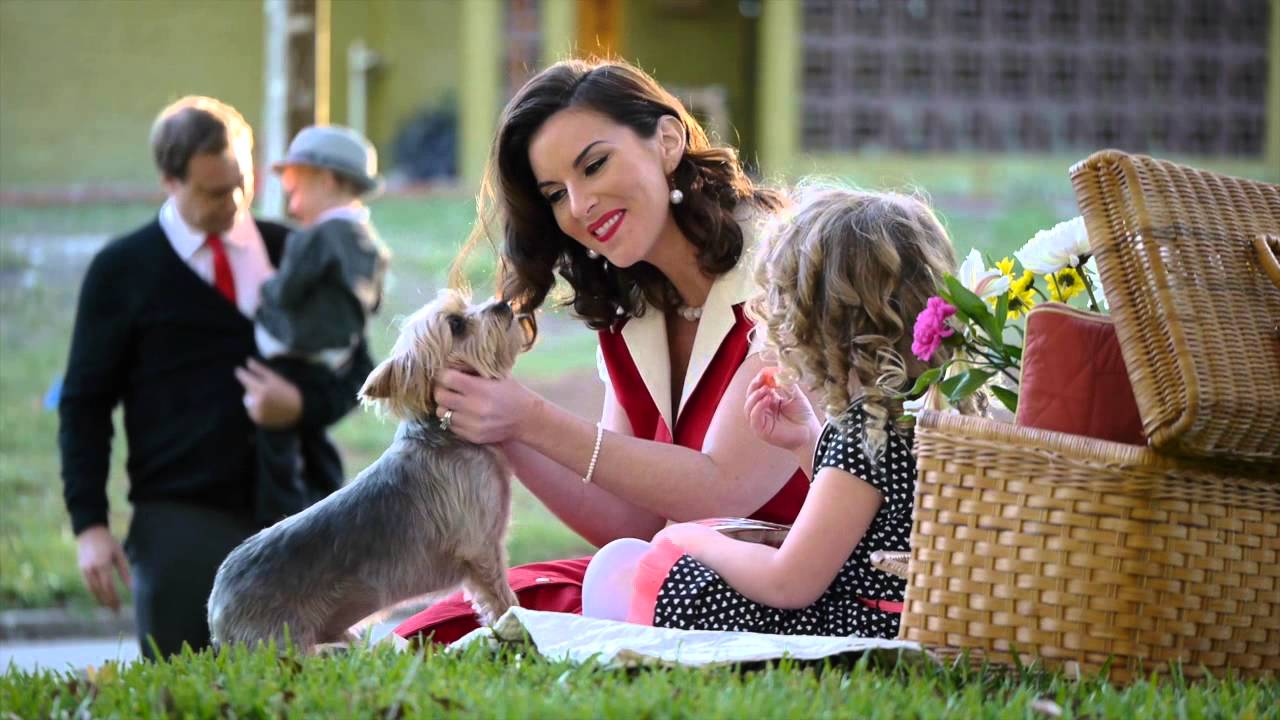
1960's family
Further Childhood Influences on Life Purpose: Societal Roles Have Changed
Needless to say, societal roles have changed radically in the last 70 years. Now, more women are in the workforce and are often single parents, so the employment environment is much more competitive.
With the decline of the 'sanctity of marriage', the divorce rate has escalated over that time and 'traditional' families are rare to find these days. Often children do not see their father for days or even months at a time.
Additionally, the rise of ideologies such as Feminism and Intersectionality have been particularly toxic to men, particularly 'White Men'. In these doctrines, everyone is seen as a victim of the arch-villain, the Protestant White Male.
Technological change has also had its effects. Whilst my father was not affected as much by this change, men in manufacturing jobs have seen them decline to overseas workers with the advent of globalisation. Men can no longer be seen as the breadwinner that they once were, and their role, and thus their traditional life purpose or meaning, has changed for the worse.
For men in this position, many have been forced to reinvent themselves in order to survive.
And older men - say now in their 70's - may have been forced to retire early. Personally I had to leave my last job at the age of 55, because IT is a very brutal industry when it comes to older men.
Whilst younger men can learn and adapt and, say, get into the tech world, nevertheless the meaning or purpose of their lives has been radically changed. Their 'life's purpose' has been eroded to a point of crisis. They no longer know who they are or what role they should play in life.
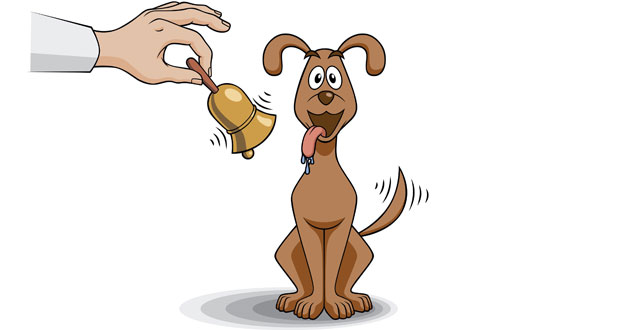
Hello Mr Pavlov, bark when you hear the bell!
“Give me a child until he is seven and I will show you the man.”
- Aristotle (384 - 342 BC)
More Childhood Influences on Life Purpose: Conditioning
Exactly what is conditioning and how does it affect our life purpose?
When we talk about conditioning as a childhood influence, we are talking about a process that is applied, most often without awareness, from parents and the social environment in general.
Parents will pass on their values, beliefs and behaviours to their children, particularly those before the age of 7. The parents simply behave as they do and the child adopts their behaviours and belief without question.
According to developmental psychologist Jean Piaget, beyond the age of 7, children start to model their thinking and behaviour from their social environment, particularly from school, and later college.
Teachers often see themselves as 'moulding the adults of tomorrow' and try to change the conditioning of the parents. This often results in conflict with both the child and the parent.
Adult Conditioning
Of course, as adults we are still vulnerable to exploits of our conditioning. We all see ads for things that we want.
For instance, we may have been told (or shown) by our parents that material wealth is good and poverty is bad, and that having the latest car and a big house increases your happiness and social standing.
The ads merely exploit this conditioning.
All in all, unless something happens to change things, children invariably follow the same path of their parents.
For instance, if your father is a manufacturing worker, there is a high probability that you, assuming you are male, will be one too... unless you make a conscious effort to change it.
And that's the point.
How To Change and Live Your Life Purpose?
Firstly, if you are going to change, please note a few points:
- The desire to change must be there
- You must believe you can change
- You must make the effort to change
- You should be prepared to overcome your conditioning
In order to change, examine your values and your beliefs about yourself, as well as your role in the world...
Are your beliefs of service to you?
Do your values serve you?
If not, then change them!
We'll look at beliefs in more detail later in this series
Here are some more questions to ask yourself
- What role(s) do you play in the drama of life?
- Where and how did you learn to play those roles?
- Do these roles need to be changed to allow you to be aligned with your true self, and if so, how?
- If you were to change a role that doesn't serve you, who else would it affect?
- What do you gain by changing things? What do you lose?
- What do you gain by keeping things as they are? What do you lose?
- Who would you be if you changed your roles?
Coming Up Next:
Previous article in this series: The Building Blocks
